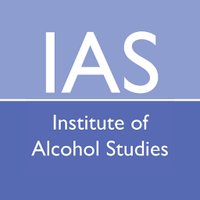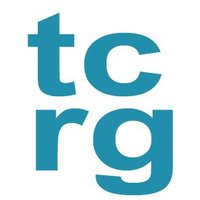
Commercial Determinants Research Group at LSHTM
@cdrg_lshtm
The CDRG at @LSHTM conducts research on the effects of unhealthy commodities, and on strategies used by manufacturers to affect science and discourse #CDOH
ID: 1349015706164224003
https://www.lshtm.ac.uk/research/centres-projects-groups/cdrg 12-01-2021 15:30:45
212 Tweet
678 Followers
191 Following


Research by London School of Hygiene & Tropical Medicine looked at the accuracy of information on 15 digital tools and apps created by alcohol-industry backed organisations in the UK and other countries, and found that many contain “blatant misinformation” and could push people to drink more. independent.co.uk/news/health/dr…

In a review of apps marketed at helping people manage their drinking and health, London School of Hygiene & Tropical Medicine found evidence of “blatant misinformation” that could persuade people to actually drink more. This includes Drinkaware's MyDrinkaware app 🚫 independent.co.uk/news/health/dr…



2/12 We (Mark Petticrew @markpetticrew.bsky.social Claire Mulrenan Katherine Körner (she/her)) evaluated the information accuracy and framing, behaviour change techniques, and function of 15 industry-backed tools from UK, Ireland, USA, Canada, New Zealand, Australia. We compared these to 10 independent digital tools.










Professor Anna Gilmore will be delivering an Innovations in Tobacco Control Lecture for Institute for Global Tobacco Control next Wednesday, 6 November titled “Assessing Progress in Tobacco Control: Time to Learn Lessons from the Commercial Determinants of Health?”. 📅Register: jh.zoom.us/webinar/regist…




New Commercial Determinants Research Group at LSHTM paper! Umbrella review led by Alice Tompson with Mark Petticrew @markpetticrew.bsky.social May van Schalkwyk Greg Hartwell Muhammad Alkasaby Kate Dun-Campbell, Nason Maani Katherine Körner (she/her) on population-level interventions to address #CDoH WRT mental health in Health Promotion International (OUP) #CDoH: academic.oup.com/heapro/article…




